10 Best Movies Like ‘Reptile’ You Need to Watch

In the dark, twisted alleys of crime thrillers, 2023’s ‘Reptile’ has left an indelible mark with its gripping narrative and stellar performances. Directed by Grant Singer and starring the enigmatic Benicio del Toro, it weaves a tale of deceit, murder, and personal revelations. If this film enthralled you and you’re itching for more movies that delve into similar intense themes and intricate plotlines, then you’re in for a treat. Here are 10 films like ‘Reptile’ that you absolutely need to watch.
Se7en
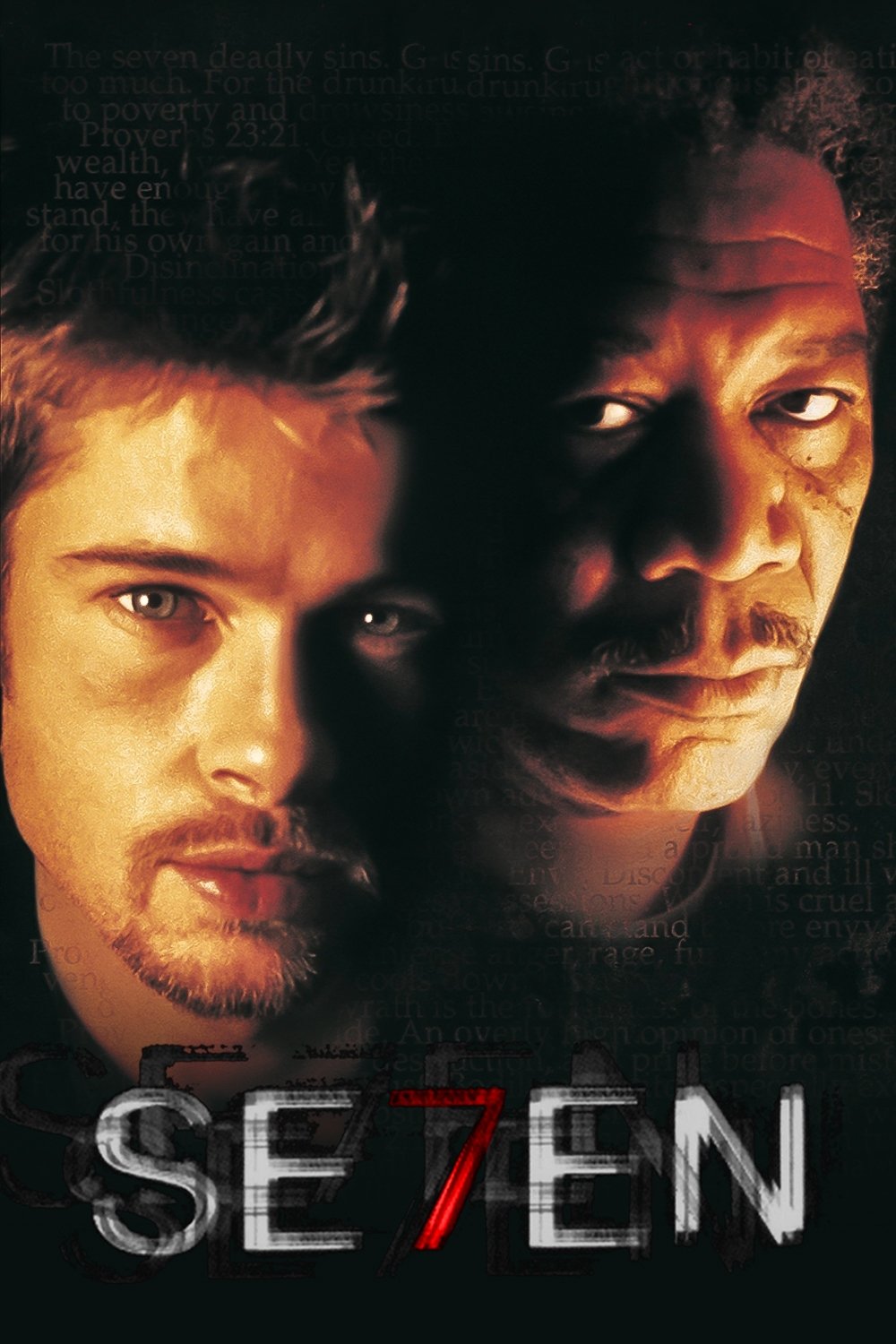
Directed by the masterful David Fincher, “Se7en” is a film that delves into the chilling underbelly of crime and morality. The movie showcases the hunt for a unique serial killer who draws inspiration from the seven deadly sins, using them as his modus operandi. Detectives David Mills (played by Brad Pitt) and William Somerset (Morgan Freeman) are tasked with deciphering this puzzle. As the story unfolds, the audience is drawn into a world of unspeakable horrors and shocking revelations, pushing the boundaries of what is just and moral. Fincher’s direction, coupled with the compelling performances by Pitt and Freeman, creates an atmosphere that remains dark and suspenseful throughout.
“Se7en” is more than just a crime thriller. It challenges viewers to reflect on human nature, temptation, and the inherent darkness present in society. The movie’s climax, known for its unforgettable line “What’s in the box?”, remains one of the most talked-about scenes in cinematic history. Its blend of mystery, suspense, and philosophical undertones makes “Se7en” a must-watch for anyone seeking a cerebral, heart-pounding experience.
Mystic River

Clint Eastwood’s “Mystic River” is a haunting exploration of tragedy, guilt, and the shadows of the past. Set in the heart of Boston, the narrative revolves around three childhood friends, Jimmy, Sean, and Dave, whose lives are forever altered by a traumatic event from their youth. When a new tragedy strikes decades later, with Jimmy’s daughter found murdered, the past and present collide in a whirlwind of suspicion and regret.
The film boasts powerful performances by its leading actors, including Sean Penn, Tim Robbins, and Kevin Bacon. Eastwood’s storytelling elegantly balances the intimate emotional struggles of its characters with the broader theme of societal decay. “Mystic River” challenges viewers to contemplate the long-lasting effects of trauma and the complex interplay of memory, grief, and redemption.
Gone Girl
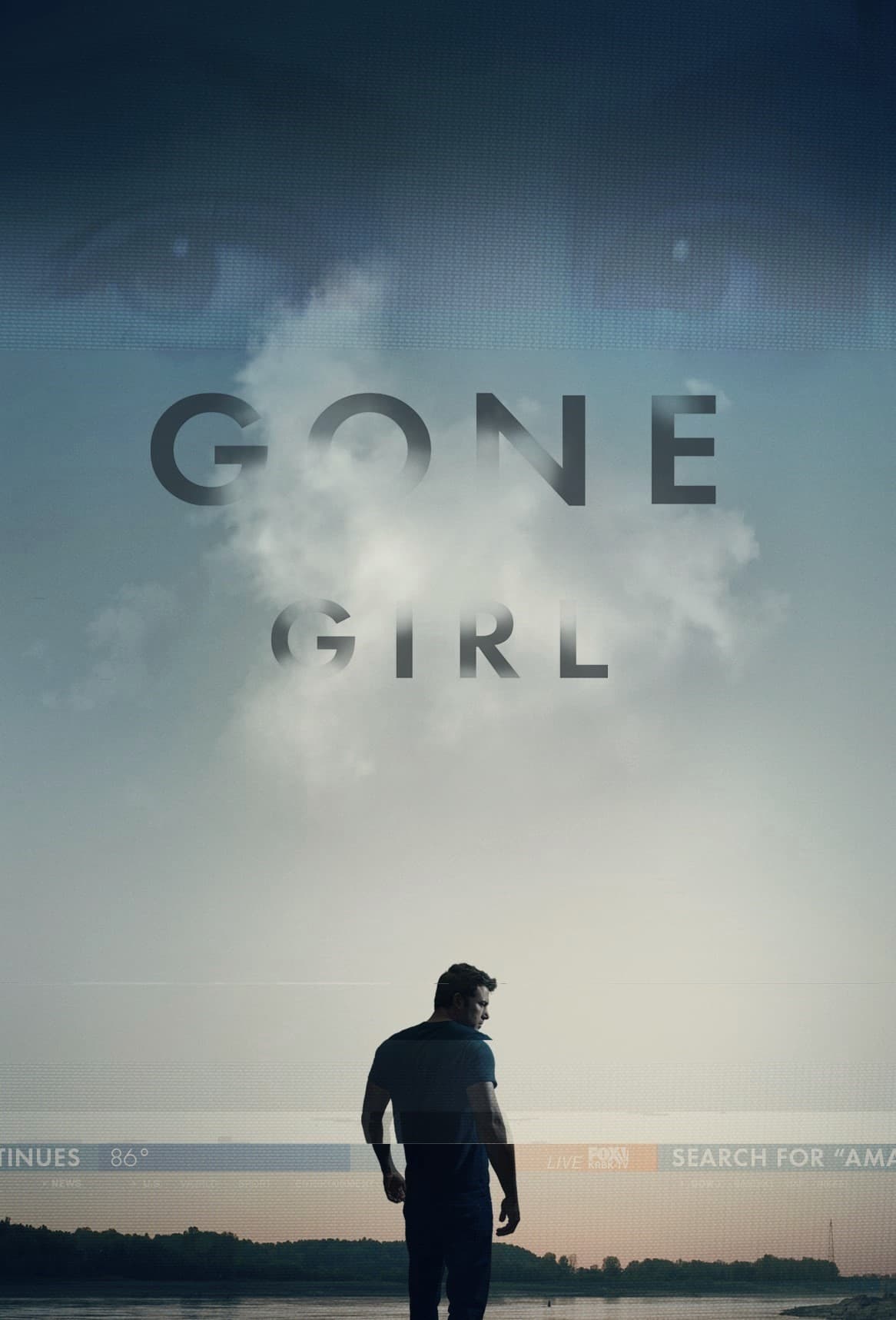
Directed by David Fincher and based on the bestselling novel by Gillian Flynn, “Gone Girl” is a modern psychological thriller that dissects marriage, media, and manipulation. When Amy Dunne (Rosamund Pike) mysteriously disappears on her fifth wedding anniversary, all eyes turn to her husband Nick (Ben Affleck) as the prime suspect. What follows is a media circus, filled with twists and revelations that keep the audience on the edge of their seats.
“Gone Girl” isn’t just a story of a missing person. It’s a scathing commentary on contemporary relationships, media trials, and the facades people maintain. Pike’s portrayal of Amy Dunne, a character layered with depth and deception, is unforgettable, earning her an Academy Award nomination. The film’s intricate plot, combined with Fincher’s distinct visual style, makes it a captivating watch, revealing the lengths to which people go to hide their true selves.
Zodiac
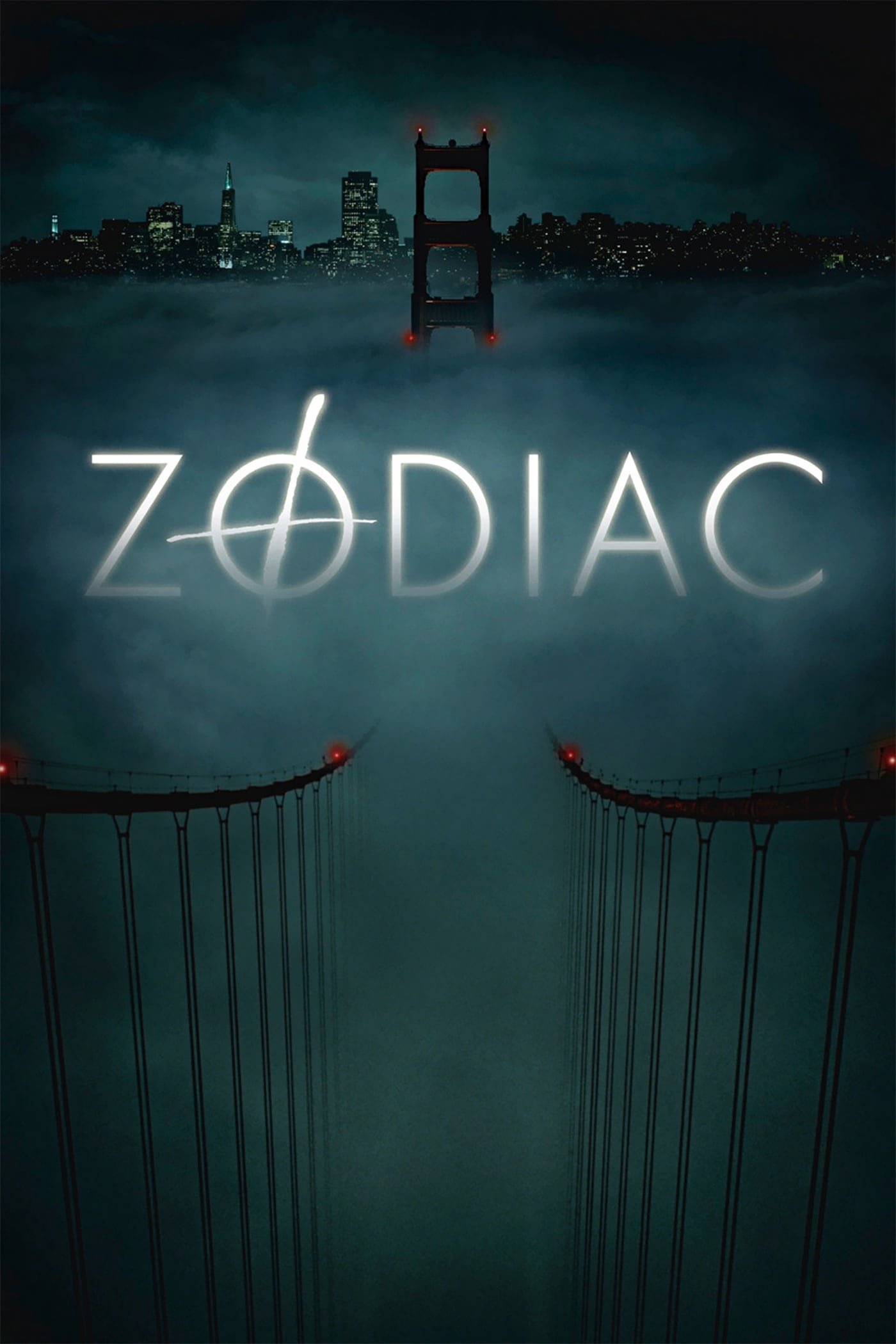
Set in the late 1960s and 1970s, “Zodiac” chronicles the real-life hunt for the infamous Zodiac Killer in San Francisco. Directed by David Fincher, this film is a meticulous recreation of events, seen primarily through the eyes of three men: journalist Paul Avery (Robert Downey Jr.), cartoonist Robert Graysmith (Jake Gyllenhaal), and police detective Dave Toschi (Mark Ruffalo). As the trio becomes increasingly obsessed with catching the killer, the line between professional duty and personal obsession blurs.
“Zodiac” is not just about the hunt for a serial killer but also an examination of obsession and the desire for closure. Fincher’s attention to detail, combined with compelling performances from the cast, transports the audience back to an era of growing paranoia and fear. The film’s lack of a definitive ending—mirroring the real-life unresolved case—leaves viewers haunted, reflecting on the elusive nature of truth and justice.
Prisoners
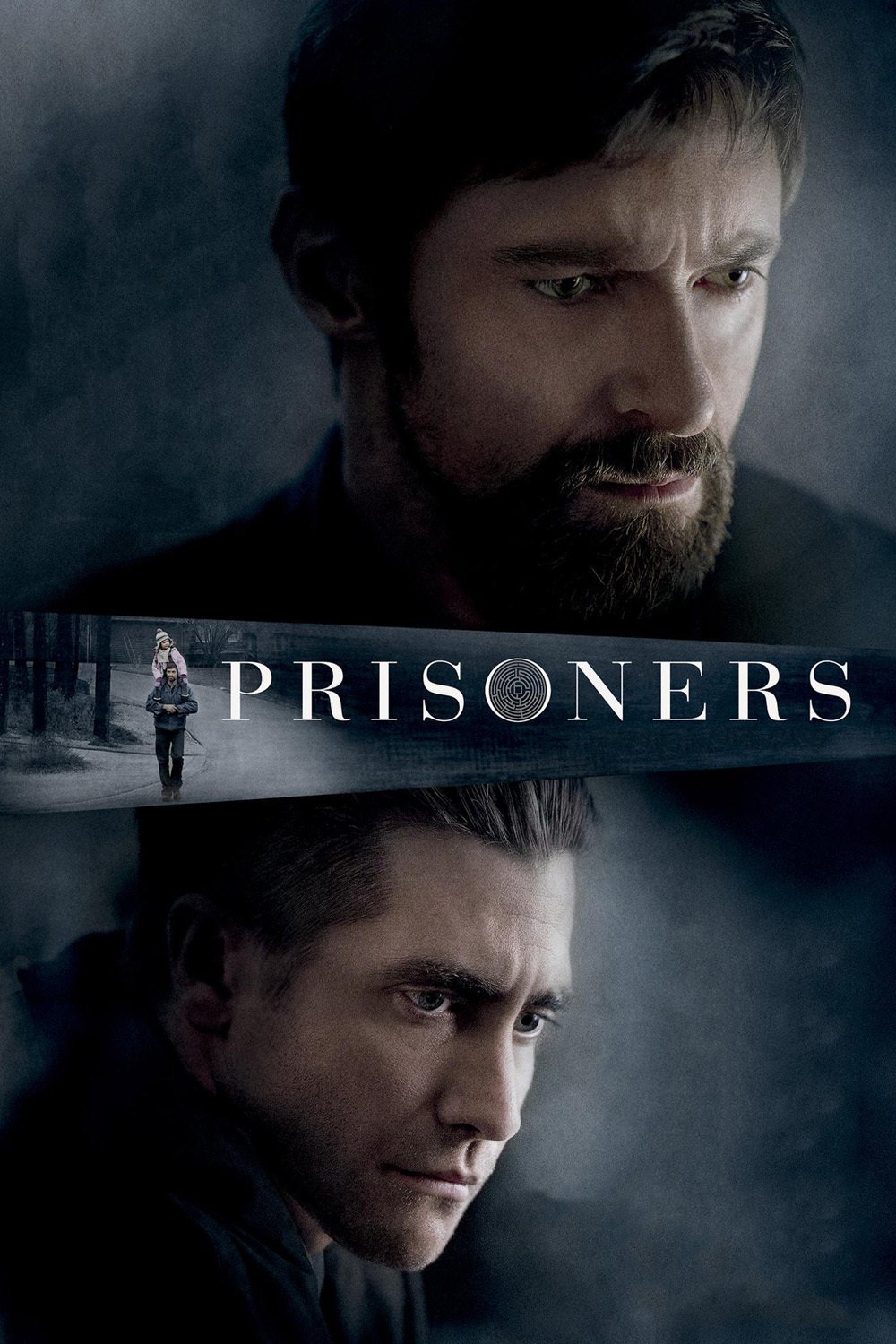
Directed by Denis Villeneuve, “Prisoners” is an intense and emotional thriller that delves into the lengths a parent will go to find their missing child. The film follows Keller Dover (Hugh Jackman), a desperate father whose daughter and her friend suddenly disappear. As hours turn into days, with law enforcement making little progress, Dover takes matters into his own hands, leading him down a morally ambiguous path. Detective Loki (Jake Gyllenhaal) is simultaneously trying to solve the case, often clashing with Dover over the right course of action.
“Prisoners” is a gripping tale of desperation, morality, and the gray areas of justice. Villeneuve masterfully captures the raw emotion and tension of the narrative, supported by powerhouse performances from both Jackman and Gyllenhaal. The film raises uncomfortable questions about vigilante justice and the limits of parental love, ensuring that its impact lingers long after the credits roll.
No Country for Old Men
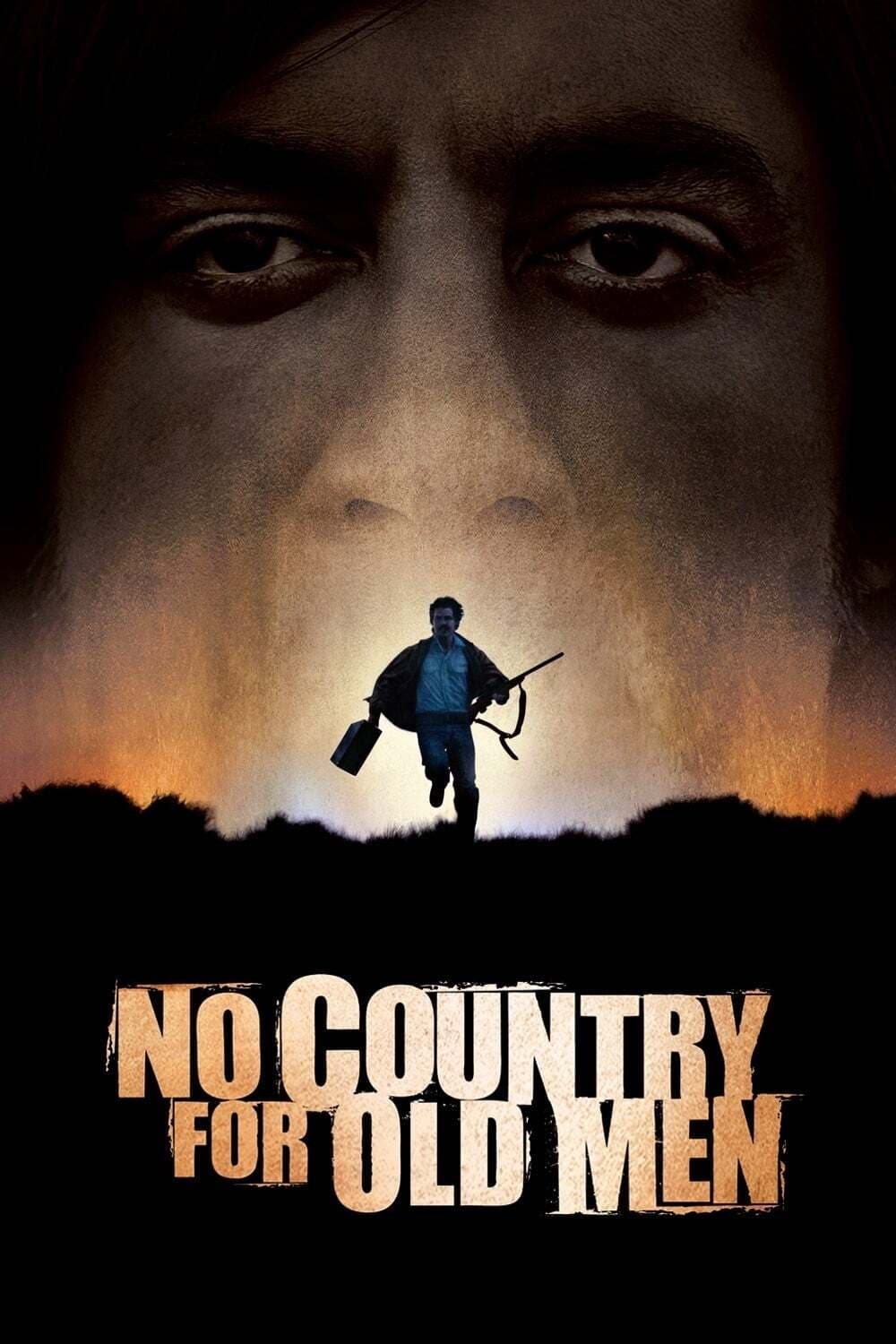
Joel and Ethan Coen’s adaptation of Cormac McCarthy’s novel, “No Country for Old Men,” is a brutal and haunting meditation on fate, morality, and the inescapable nature of evil. The story follows Llewelyn Moss (Josh Brolin) who stumbles upon a drug deal gone wrong and decides to take a suitcase full of money. This choice sets off a violent cat-and-mouse chase with the enigmatic hitman Anton Chigurh (Javier Bardem), whose ruthless nature and unique code of ethics make him one of the most unforgettable villains in film history.
Beyond the suspense and violence, “No Country for Old Men” offers profound insights into the human condition, especially through the perspective of the weary Sheriff Bell (Tommy Lee Jones). The Coens masterfully interweave themes of chance, fate, and the changing landscape of America into a narrative that’s both thrilling and deeply philosophical. The film’s open-ended conclusion and its refusal to provide easy answers further cements its status as a modern classic.
The Girl with the Dragon Tattoo
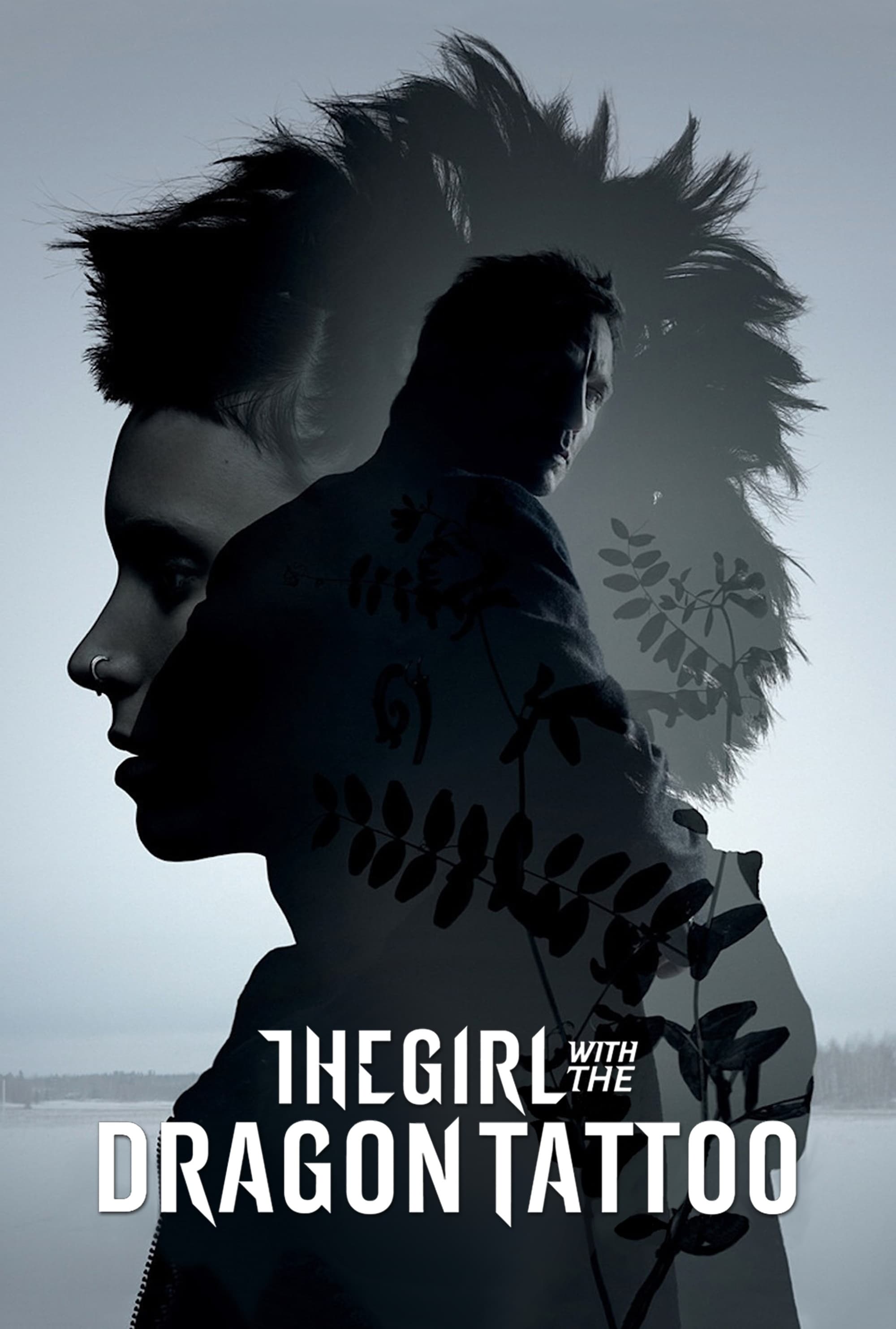
Based on Stieg Larsson’s best-selling novel, David Fincher’s “The Girl with the Dragon Tattoo” is a gripping modern mystery exploring corruption, revenge, and the secrets families hide. Journalist Mikael Blomkvist (Daniel Craig) is hired to investigate the decades-old disappearance of Harriet Vanger, a member of one of Sweden’s wealthiest families. In his quest, he teams up with the brilliant but troubled hacker Lisbeth Salander (Rooney Mara), whose own dark past becomes crucial to unlocking the mystery.
The strength of the film lies not just in its intricate plot but in the compelling portrayal of its central character, Salander. Mara’s rendition of Lisbeth is both fierce and vulnerable, making her one of the most iconic characters in contemporary cinema. Through the dark, cold landscapes of Sweden and the even darker human psyche, Fincher crafts a thrilling tale of murder, intrigue, and redemption.
L.A. Confidential

Set in 1950s Los Angeles, “L.A. Confidential” is a neo-noir crime film that delves into the city’s seedy underbelly, where the line between law enforcement and criminals is often blurred. Directed by Curtis Hanson and based on James Ellroy’s novel, the movie follows three LAPD officers: the ambitious Bud White (Russell Crowe), the by-the-books Ed Exley (Guy Pearce), and the celebrity-hungry Jack Vincennes (Kevin Spacey). Each has their own methods and motivations, but their paths converge when they’re thrown into a complex web of murder, corruption, and betrayal.
“L.A. Confidential” is a masterclass in storytelling, blending action, drama, and mystery into a cohesive narrative. The film offers a scathing critique of the era’s police corruption, tabloid journalism, and Hollywood’s dark side. With its intricate plot, complex characters, and authentic period detail, it remains one of the most celebrated crime dramas of its time.
Wind River

Directed by Taylor Sheridan, “Wind River” is a chilling crime drama set in the snowy expanses of the Wind River Indian Reservation in Wyoming. When wildlife officer Cory Lambert (Jeremy Renner) discovers the body of a young Native American woman, an FBI agent, Jane Banner (Elizabeth Olsen), is sent in to investigate the apparent homicide. With Lambert’s help, Banner navigates the harsh landscape and even harsher realities of life on the reservation.
“Wind River” is a poignant exploration of grief, justice, and the challenges faced by indigenous communities. Sheridan’s storytelling is both compassionate and unflinching, offering a voice to often overlooked societal issues. The film’s atmospheric setting and the haunting score add to its overall impact, making “Wind River” not just a gripping thriller but also a moving human drama.
The Third Man
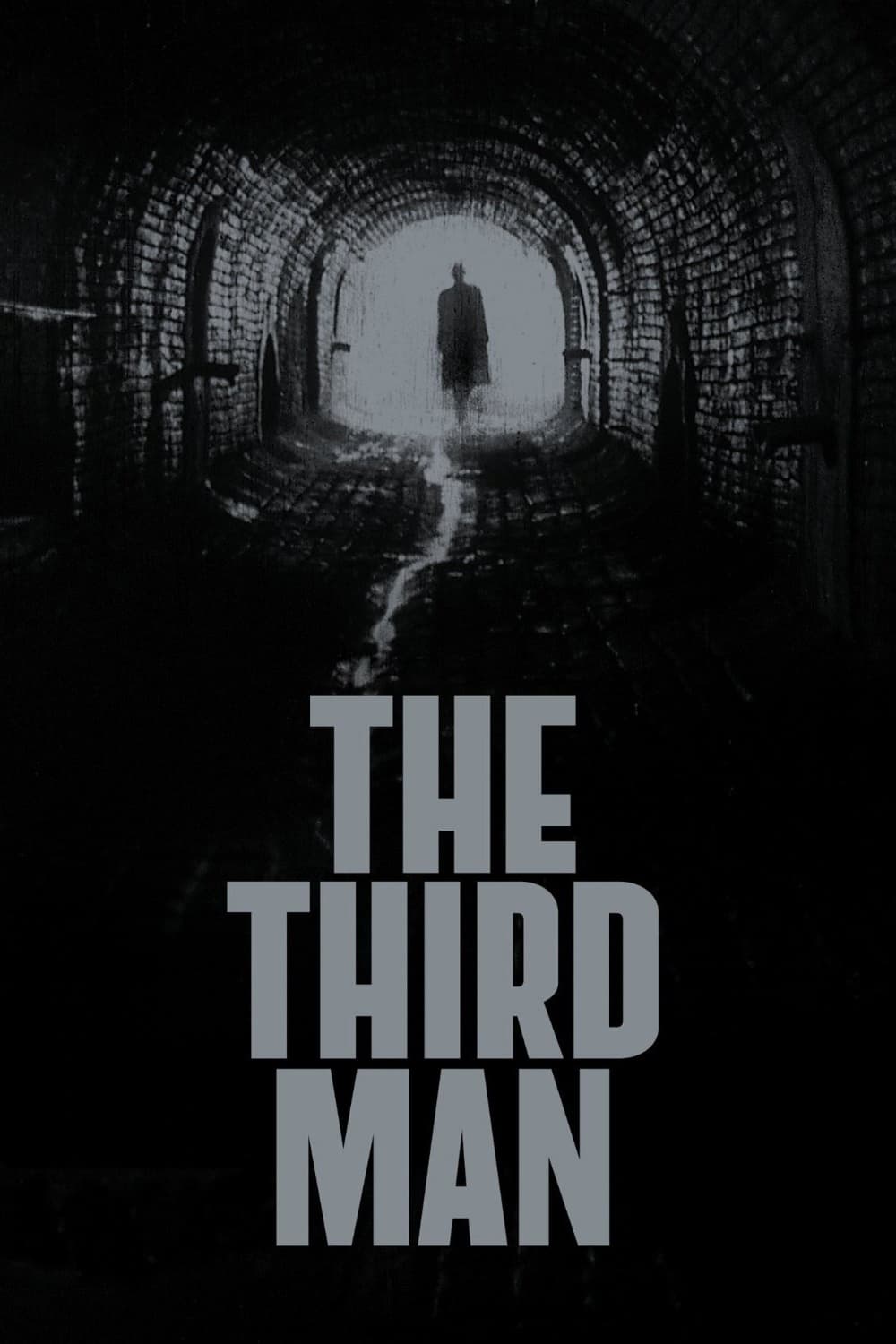
Directed by Carol Reed and written by Graham Greene, “The Third Man” is a post-war film noir classic set against the backdrop of a divided and ravaged Vienna. Holly Martins (Joseph Cotten), an American writer, arrives in the city to meet his old friend Harry Lime (Orson Welles). However, upon his arrival, he learns of Lime’s mysterious death and soon finds himself entangled in a web of deceit, espionage, and moral ambiguity.
From its iconic zither score to its memorable characters, “The Third Man” remains a cinematic masterpiece. The film’s signature use of Dutch angles, shadowy alleyways, and cobbled streets creates an atmosphere of tension and unease. Orson Welles’ brief but memorable appearance, especially during the famous Ferris wheel scene, highlights the film’s exploration of post-war cynicism and moral decay. As a noir, a historical document, and a character study, “The Third Man” stands as a testament to the enduring power of cinema.
